Student Voices from Revere High School

These three videos feature students from Revere High School in Massachusetts. Each student discusses the impact a student-centered learning environment has had on their experiences and dreams for the future. These short videos could be used to build community support for a shift to student-centered learning. Source Organization: Imaj Associates
What Happens When Students Design Their Own Assessments?

This article discusses the work of the Roanoke County Public Schools to implement student-led assessment, alongside 10 other Virginia districts that make up a Networked Improvement Community. The article delves into the importance and impact of student-led assessment, origins of the project, strategies used to get teachers on board, and challenges encountered which included differentiation of student-led… Read More ›
Targeting Competency: Using Self-Regulated Strategy Development (SRSD) & Differentiated Rubrics to Teach
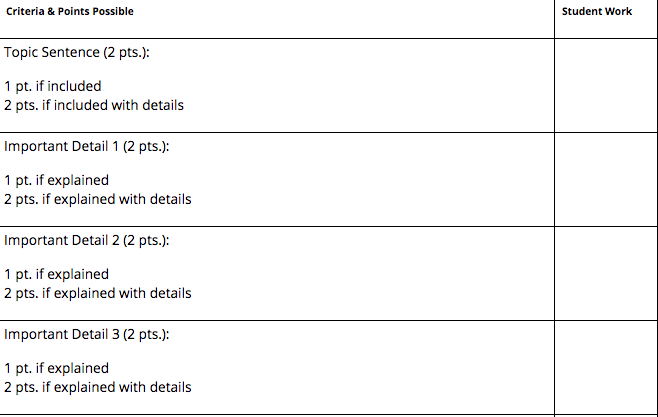
This article shares strategies and rubrics teachers can use for targeted Writing and English Language Arts instruction and assessment in an inclusive classroom. The article discusses the importance of shifting perspective and language to focus more on learning “differences” over “disabilities”. The author champions instructional strategies that target support based on students’ individual needs to decrease the marginalization of… Read More ›
Making Equity a First Principle of Personalized Learning
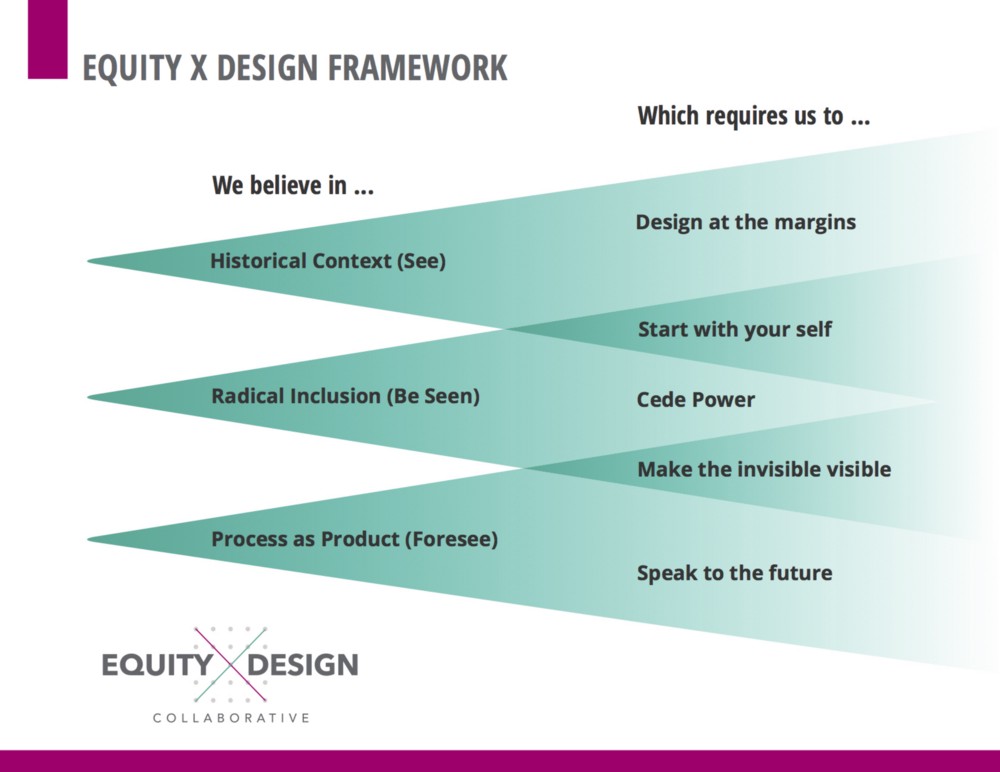
This article by Julia Freeland Fisher, the Director of Education Research at the Clayton Christensen Institute, discusses the importance of working to achieve more equity in education. She asserts that it is not enough to create new personalized and engaging learning opportunities for kids and assume that equity will magically be achieved. Instead, to ensure the unequal… Read More ›
A Guidebook for Success: Strategies for Implementing Personalized Learning in Rural Schools
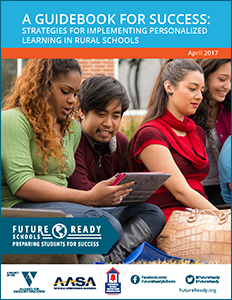
This guidebook highlights how leaders in rural districts can use the research-based framework and free planning resources developed by Future Ready Schools (FRS), a project of the Alliance for Excellent Education, to transform teaching and create a personalized learning experience for their students. It explores ways in which personalized learning approaches can capitalize on community… Read More ›
Examining Cultural Relevance
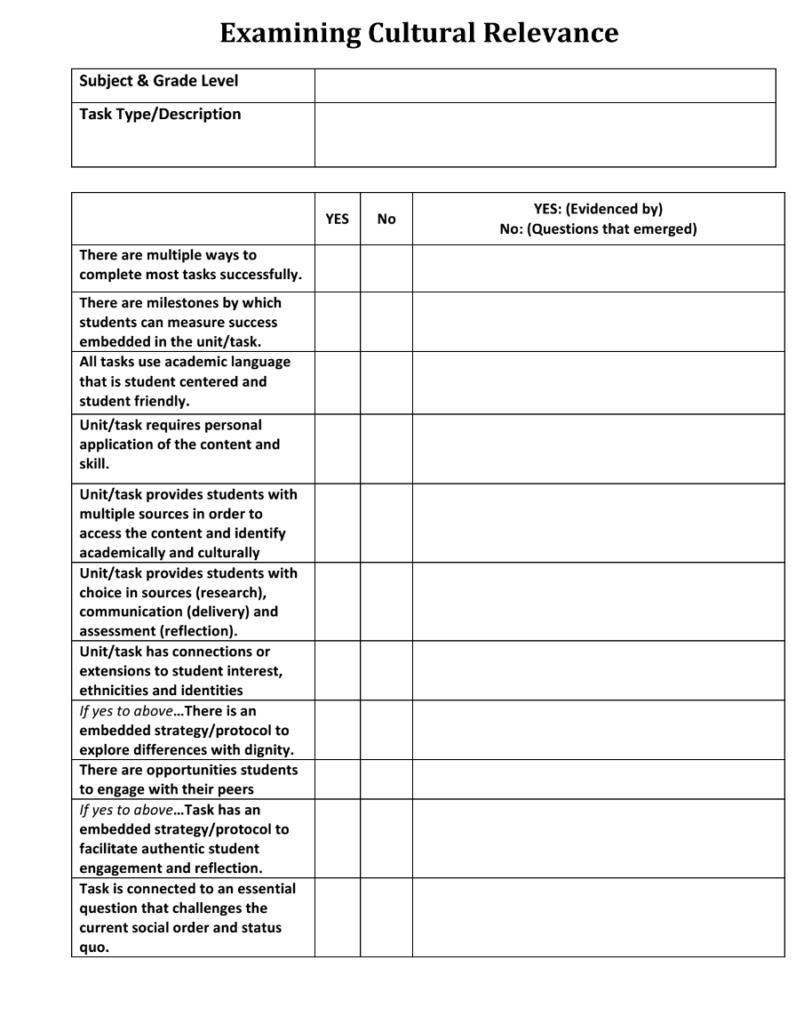
This one page tool provides a set of questions to determine the cultural relevance of a given unit, learning task, or project. Many of the strategies for infusing cultural relevance focus on student-centered practices such as inclusion of choice in topics, sources for information, and ways of displaying knowledge learned as well as connection to… Read More ›
Equity Snapshot: The Intersection of Mastery & Culturally Responsive Education
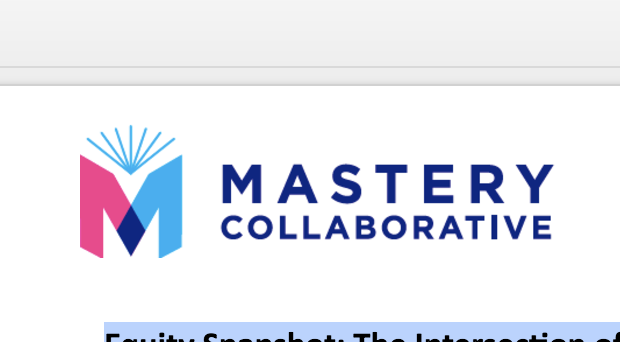
This working brief looks at the intersection between culturally responsive education (CRE) and competency education. It was developed by the Mastery Collaborative (MC), a group of over 40 New York City schools committed to mastery-based education. In their second year, the community of practitioners focused on the development of equity and CRE as core values. Read more about… Read More ›
Next Gen Tools: Personalized Learning Plans and Learner Profiles
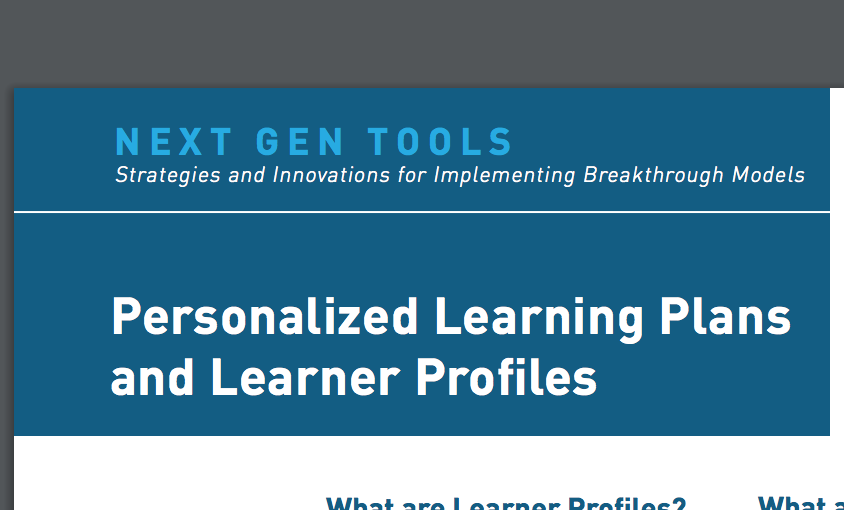
This innovation brief describes the use of Learner Profiles and Personalized Learning Plans (PLPs) at three schools and outlines the advantages and challenges of these two strategies. Learner Profiles are used to collect information about each student’s learning styles, strengths, weaknesses, and interests. Learning Plans lay out students goals. Students take an active role in the… Read More ›
Materiales en Español/ Spanish Language Resources
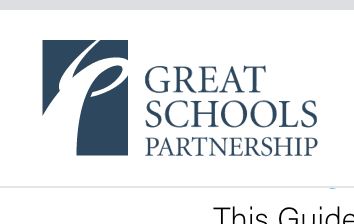
The Great Schools Partnership, a nonprofit school-support organization working to redesign public education, has developed a toolkit for school and district leaders to support transition to a proficiency-based system. A section titled ‘Materiales en Español/ Spanish Language Resources’ includes a number of tools translated into Spanish. The following may be of particular interest: Aprendizaje basado en… Read More ›
Unconscious Bias in the Classroom: Evidence and Opportunities

This report looks at the contribution of unconscious bias (UB) to the troubling achievement gap for women and minority students, especially in Computer Science and STEM courses. The report indicates that exposure to UB can change stereotyped groups’ behaviors to conform to the stereotype, even when it was initially untrue. It details existing research studies… Read More ›
Leading for Equity: Opportunities for State Education Chiefs
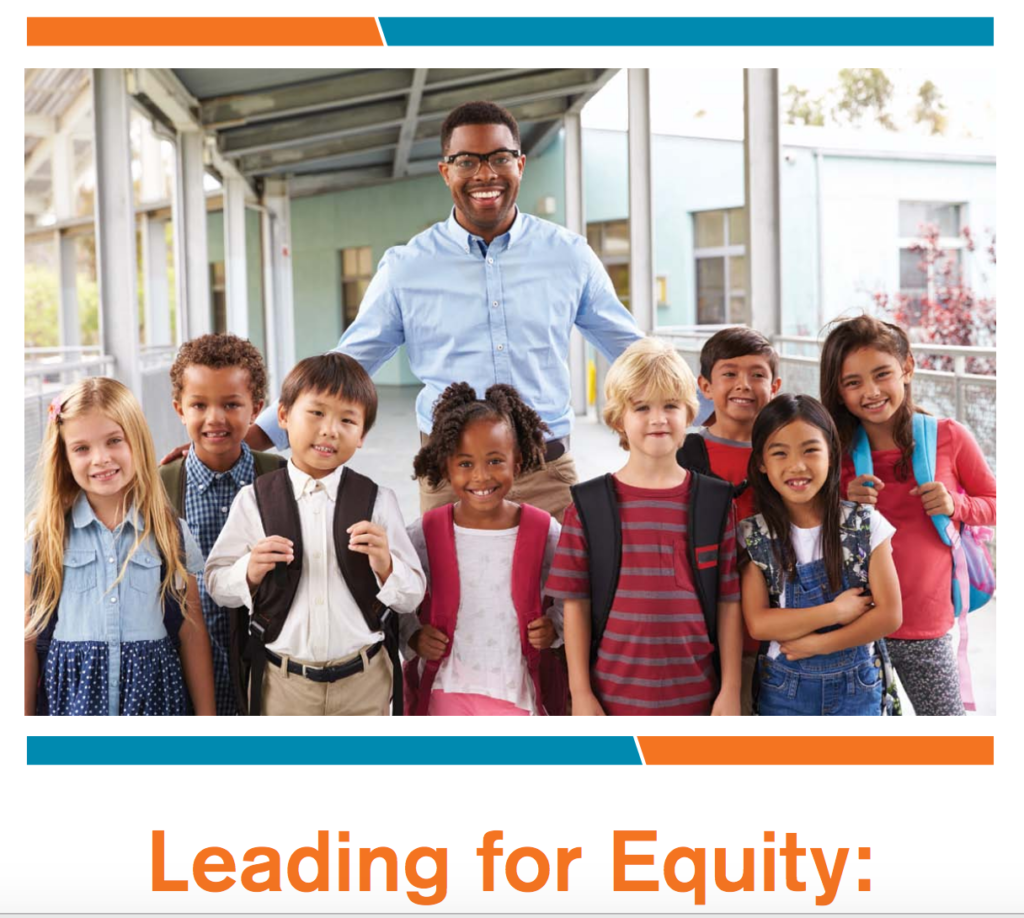
This report from The Council of Chief State School Officers (CCSSO) and The Aspen Education & Society Program outlines concrete steps states can take to support equity in education. After short sections on the definition of equity and the reasons it matters, the guide lays out ten steps state education agencies can take. These recommendations… Read More ›
Maine: Making the Most of High-Leverage Strategies

This article provides an overview of the progress the state of Maine has made towards competency education. It outlines the steps taken to build school capacity and public and policy support for student-centered education. These steps resulted in the 2012 passage of Act LD1422, which requires districts to begin awarding proficiency-based diplomas. It reviews the implementation timeline… Read More ›